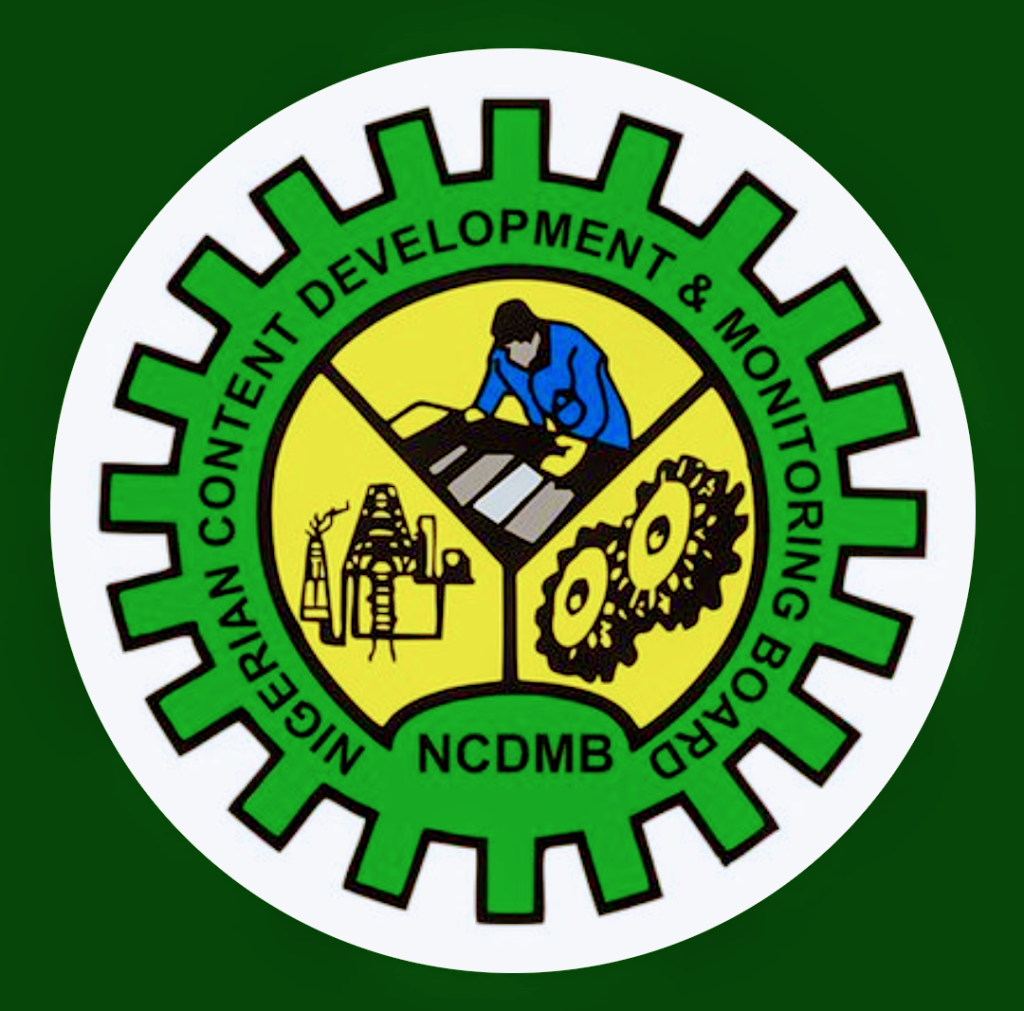Heritage Bank Plc, Nigeria’s Most Innovative Banking Service provider, has successfully attained recertification of the Payment Card Industry Data Security Standard (PCI DSS) version 3.2, having achieved the International Organisation for Standardisation ISO 27001:2013 recertification recently.
With its legacy of innovation, the recertification reaffirms the bank’s leading position in the payment card industry in Nigeria, as first to issue a transparent Mastercard debit card in Sub-Saharan Africa and pioneered the mPOS in response to the CBN Cash-less initiative.
A statement signed by the Divisional Head, Corporate Communications of the bank, Fela Ibidapo explained that the PCI DSS is a proprietary information security standard for organizations that process, store, transmit or access cardholder information for major debit, credit, prepaid, e-purse, ATM and POS cards. The standard’s framework originated from the five global payment brand programmes (VISA, MasterCard, American Express, Discover and JCB) and was designed to increase cardholder data (CHD) controls to reduce credit card fraud. Any enterprise that falls within the scope of the standard must implement the standard and seek compliance.
The PCI DSS helps enterprises dramatically reduce credit card fraud and brings significant additional benefits, including: increased bank/consumer credibility; reduced/optimised business impact and risk; and fewer breaches/increased security awareness.
Speaking on the award of the PCI DSS’ certification, MD/CEO of the bank, Ifie Sekibo it was a strong indicator that Heritage Bank consistently has its customers’ interest at the core of its business operations, is committed to appropriately protect customers’ information as well as maintaining a safe and secure environment for customer transactions.
He noted that banking is a business of risks management, from assets to data, adding that it is fundamental that whatever a customer keeps in a bank is in safe custody. According to “We are a service company providing banking service; and we are the best in the class of security of our information systems. It means funds kept with us are safe. This award is a validation of our mission to promote high ethical standards, integrity, and good business practices,” Sekibo stated.
The certification is said to be in recognition of the bank’s commitment to effective and secured financial system which has conferred internationally-recognized standard on its operations. This will also enable Heritage Bank to protect the funds of its customers and frustrate efforts by fraudsters to access their information and assets.
Also, the ISO 27001: 2013 recertification attained recently is part of the ISO 27000 family of standards which helps organisations keep information assets secure. The certification was achieved on the heels of the bank’s drive to revolutionalise the banking sector digital experience with Octopus, by putting in place a systematic approach to managing sensitive organisational information, ensuring it remains seamless, secure and available. The Octopus platform enables small businesses key into electronic payment system easily, efficient collections, social integration, retention strategy, bills payment, mobile virtual top-up, funds transfer, balance enquiry, movie show time, news.
- Home
- Business
- News
- Tourism / Travels
- Entertainment
- Regulators
- More
- Businesstoday Conference/Awards
- Business Today Magazine
Latest News
Please Subscribe
subribe to get the latest news delivered to you free
Money
 BusinessTodayNGAugust 5, 20182 Mins read47
BusinessTodayNGAugust 5, 20182 Mins read47
Heritage Bank achieves PCI DSS Version 3.2 recertification

Share
Related Articles
Access Bank Hosts President Steinmeier, Commits To Strengthening German-Nigerian Trade Relations
Access bank last week welcomed the President of the Federal Republic of...
ByBusinessTodayNGDecember 19, 2024Edo Plans Interest-free Loans For Traders
Edo State Governor, Senator Monday Okpebholo on Thursday revealed plans to give...
ByBusinessTodayNGDecember 19, 2024Cash Scarcity: CBN Pegs N100,000 Daily Withdrawal Limit On PoS Transaction
The Central Bank of Nigeria on Wednesday directed banks has to peg...
ByBusinessTodayNGDecember 18, 2024FG, States, LGCs Share N1.727tn For November
The Federation Account Allocation Committee (FAAC), at its December 2024 meeting chaired...
ByBusinessTodayNGDecember 17, 2024












